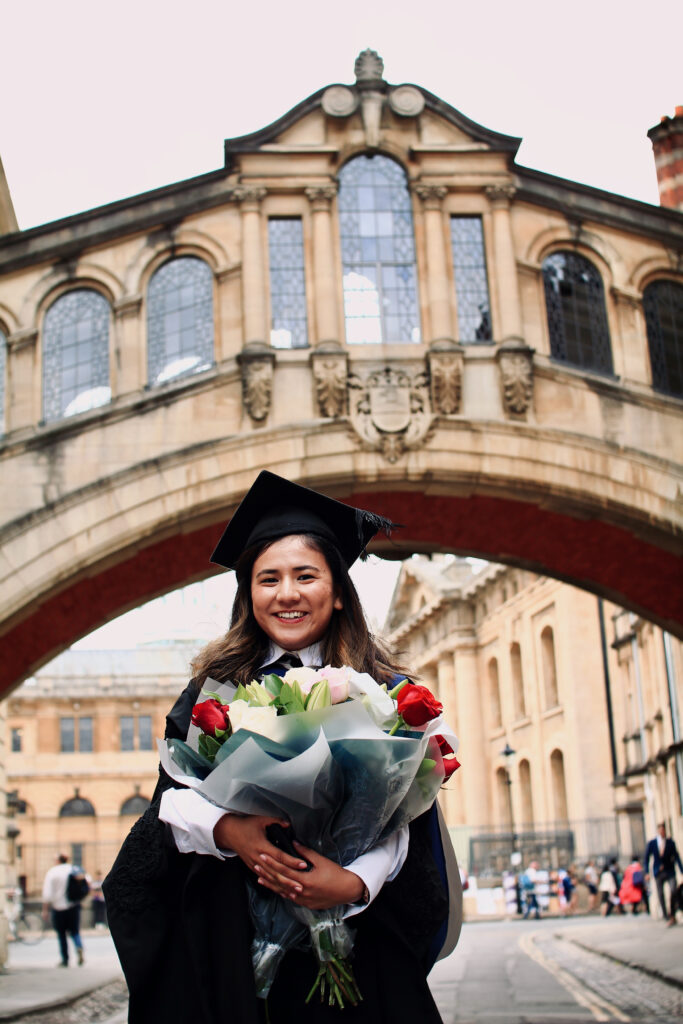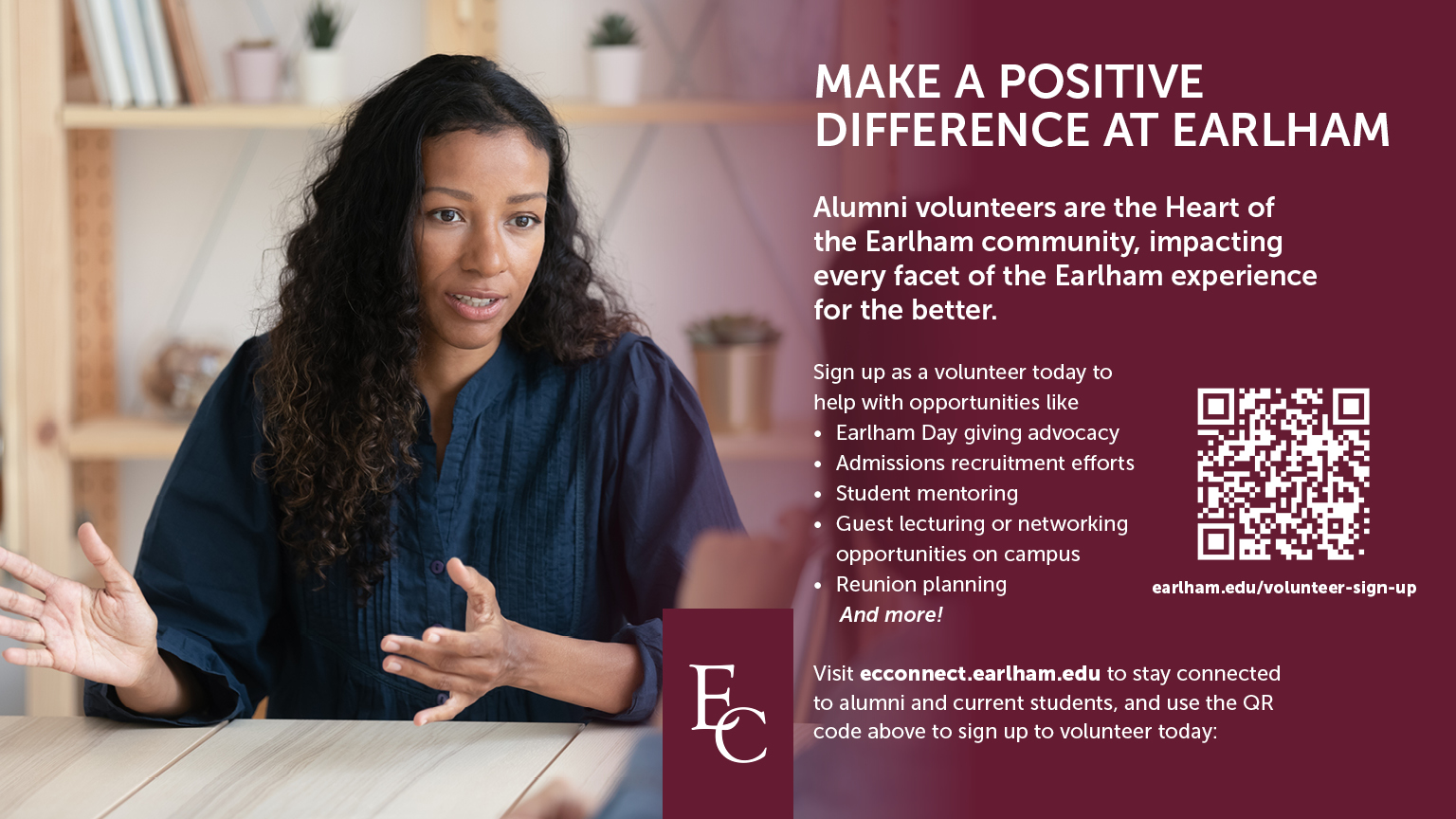
When the government of Afghanistan collapsed in 2021, Summia Tora ’20 was more than 3,000 miles away in Oxford, England, studying public policy. Her heart, however, was with her family members still in Afghanistan, the land of her birth, and she quickly made it her mission to get them to safety.
But after getting her father and uncle safely out of Afghanistan, Tora didn’t want to stop. There were so many more people to help. Summia rallied others and got to work.
“Eventually my initial efforts rippled into a large group of volunteers at Oxford trying to evacuate and assist with resources for safety,” said Tora.
Organizations and individuals came together to aid Afghans, including Dosti Network, which was first founded by Tora in 2021 shortly after getting her family out of Afghanistan. In Urdu, dosti means friendship.
The Dosti Network continued to work on evacuation and safety efforts for the next few months, providing immigration and funding support. However, they soon recognized a problem.
“We started to realize that there was a barrier in terms of who could leave the country and who could not, and that there is an inequity that exists in immigration and the asylum process,” said Tora. In response, Tora and the Dosti Network broadened the scope of their work to include not only refugees, but also those in Afghanistan who could not, or did not wish to, leave the country.
Today, the Dosti Network exists to empower Afghan families to navigate information and resources to live safer lives. The Network aims to support grassroots leaders who are trying to make a meaningful impact within their communities. They also support individuals who are otherwise lacking the resources they need.
“Our aim is to fill the gap that exists between the groups that need support and the organizations providing support,” said Tora. “We focus on funding and supporting humanitarian aid such as food delivery and emergency response, supporting education efforts, for which we’ve provided scholarships for children to attend schools, and assisting Afghan refugees in Pakistan, India, Greece, the U.S. and other parts of the world.”
Tora and her family are safe at this time, and the Dosti Network continues to provide support. Life for Tora is back to normal—as normal as life can be as an Oxford student who doubles as the leader of a life-saving Afghan support organization.
Tora is a Rhodes Scholar at Oxford, the first woman from Earlham to win the honor and the first student fromAfghanistan to earn the Rhodes, considered to be one of the world’s most competitive and prestigious scholarships. So far, she has completed a master’s degree in public policy and is currently working on a master’s degree in international human rights law.
“I don’t think I would’ve applied to Rhodes if I hadn’t gone to Earlham, to be honest,” Tora said. “At Earlham your professors are just genuinely interested and invested in ensuring that you, as their student and as someone they care about can thrive and do good. Their support is how I ended up applying, and I got the Rhodes.”
Tora praised Earlham for having some of the best and most interesting classes she has ever taken.
“Earlham teaches you to look beyond superficial academia or a surface level understanding of what the world is like,” said Tora. “I got the opportunity to take classes that transformed my understanding of the world.”
She singles out an Earlham class called Global Dynamics and World Peace for changing her perspective and the trajectory of her academic career. Tora was solely an economics major until she took the course by Joanna Swanger, Earlham’s director of peace and global studies program and a professor of peace and global studies.
“I had seen a lot of things while growing up—situations of injustice, violence, conflict, structural injustice and structural violence—but I never knew the word for it or how to describe the situation,” said Tora. “I’ve seen everything in practice, but in this class I was able to learn it in theory.”
With a lifetime of challenging personal experiences, it came as a relief to gain understanding in an intellectual way. But the emotional impact remains. Tora encourages all those doing this type of work to take care of themselves, to talk it through with others and not to be afraid of therapy. It’s advice she’s giving to herself as well.
“I think it is difficult working in situations like this because you do absorb a lot of trauma,” said Tora. “Thinking about the general situation and the condition of the country is quite difficult, especially because you can’t go back physically yourself, but you also have to navigate your own family’s immigration and figure out how to start a new life.”
At the same time, Tora is immensely grateful. The struggle of starting a new life, considering all the other options, is one of the best problems to have.
Written by Jensen Pennock ’16 ESR ’22. Photo provided by Summia Tora ’20.
Like what you’ve read? Share this article with your network.
